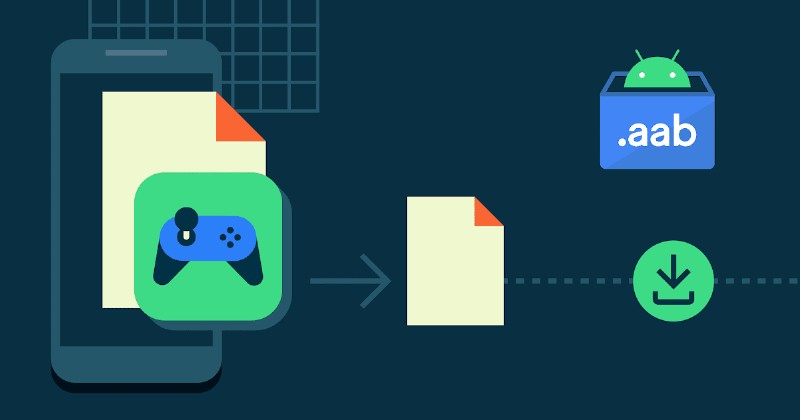Android App Bundle is a publication format that contains all the built code and resources of your application and delays APK creation and Google Play signature. The Google Play app store optimizes your program’s APKs for every device configuration, so only the necessary code and resources are loaded for your app to operate on a given device. You no longer have to develop, compile, and administer several APKs in order to provide compatibility for numerous devices, and consumers receive smaller, more efficient downloads.
To create bundles that enable delivering optimized APKs, most app projects won’t take much effort. For instance, you could easily make signed Android App Bundles with Android Studio or the command line, and then publish them to Google Play. An automated advantage is achieved through optimized APK serving.
When you publish your app using the app bundle format, one feature that you may include is Play Feature Delivery, which enables you to share features across applications. These modules include features and resources that are only accessible to your app if certain criteria are met beforehand, or that you may get for use in your app afterwards via the Play Core Library.
Download Size Limit Reduction
Android Software Bundles offer a user-friendly way to publish your app and allow the compressed download size restriction to grow to 150 MB. Users can download your programme, but they must do it in a 150 MB package. You must fulfill this compressed download size constraint for all subsequent downloads, including demand-loaded feature modules and their configuration APKs. The total size of an asset pack cannot exceed the limit imposed on other asset types.
When you submit your app bundle, the Play Console notifies you if your app or any of its on-demand features has a download size greater than 150 MB, which will cause an issue.
Android App Bundles do not include support for the .obb file extension. In the event that you experience this issue when you publish your software package, you may want to apply one of the following services to compress APK download sizes:
You must set enableSplit = true for the entire configuration APKs to enable them. In order to ensure that consumers only get the resources they require, this works to only get the code you need to execute your app on their device. Always be sure to get rid of any unnecessary code and resources from your programme.
Take best practices into account in order to lower app size even further. Some of your app’s functionality could be converted into modules that can be downloaded only when needed. Also, note that you may need to modify your programme, so first consider the other ideas above.
Other Matters
The following problems have been discovered while working with Android App Bundles: If you encounter problems not listed below, please submit a bug report. Installing applications from a side-load that is missing one or more split APKs is not supported on Google-certified devices or on devices running Android 10 (API level 29) or higher. Google makes sure that your app’s requirements are installed during Google Play Store downloads. It is possible that APKs from app bundles may not work properly if you use tools that dynamically change resource tables. To avoid this, be sure to disable any of these tools while generating your app bundle.
Feature modules have different property values to those in base modules and other modules. As an example, you may set the base module’s build to true, and the feature module’s to false. There is a chance that these types of conflicts might lead to build and runtime problems. The fact that modules inherit some build settings from the main module is worth remembering. In your feature module build configuration, be careful to just use the configurations you need and leave out the ones you don’t.








